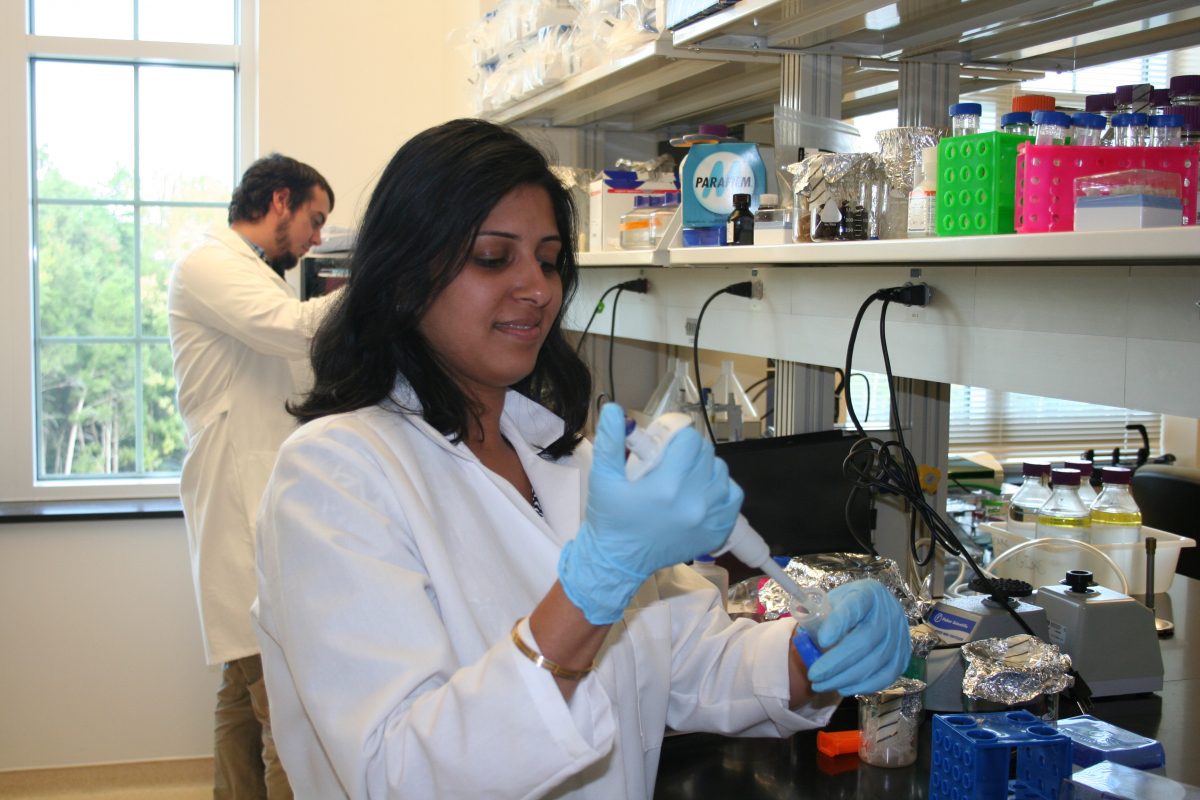Genome-Wide Association Analysis
Genome-Wide Association Studies have the goal of the identifying disease susceptibility genes, especially for conditions to which multiple genes contribute. Such studies use devices that perform parallel measurements of millions of loci simultaneously. Although the experimental design depends on the type of organism and population, in humans these studies involve collecting data from thousands of individuals, sometimes in case-control cohorts, otherwise in family trios. These types of studies take advantages of the total number of meiotic events in the population, rather than the limited number available in linkage studies, and thus can localize an association to a much smaller region of the genome. Because segments are limited to a few genes it is also possible to detect genes that cause only a small increase in the susceptibility. The most common genetic variation is a single-nucleotide polymorphism, or SNP, and a number of national and international projects, such as the HapMap project, have collected information on SNP alleles for thousands of individuals from a wide range of ethnic groups. The platforms that parallelize and automate the collection of data are usually of the microarray type; performing these assays is referred to as a genome ‘scan’. Given more than a million loci per individual, thousands of individuals, and a small set of phenotypic markers, to store, organize and manipulate data sets this large requires access to bioinformatics tools such as databases and algorithms, particularly statistical methods for performing multiple-hypothesis tests.
Scientists at the BRC are involved in GWAS involving the study of ovarian cancer, wound healing, and arthritis.

Faculty in this Research Area:
Dr. Cory Brouwer, Director Bioinformatics Services Division and Associate Professor
Dr. Anthony Fodor, Assistant Professor
Dr. Cynthia Gibas, Associate Professor
Dr. Wei Sha, Research Assistant Professor
Dr. Mindy Shi, Assistant Professor
Dr. ZhengChang Su, Assistant Professor
Dr. Jennifer Weller, Associate Professor